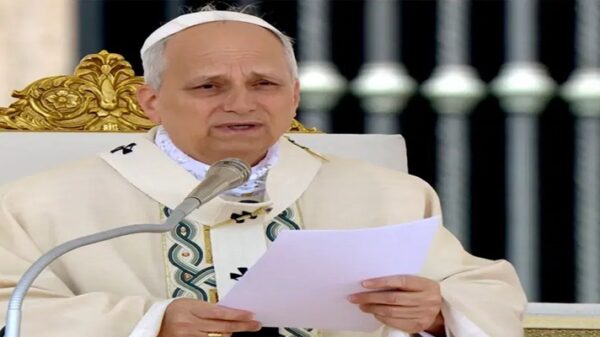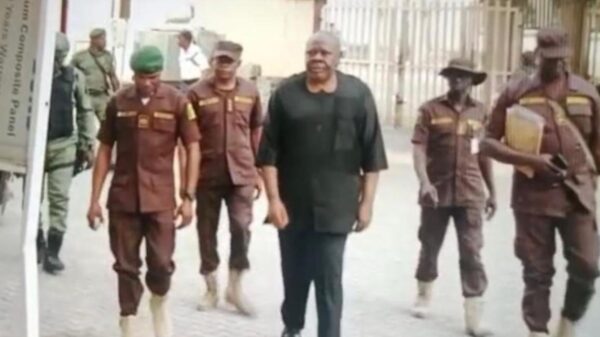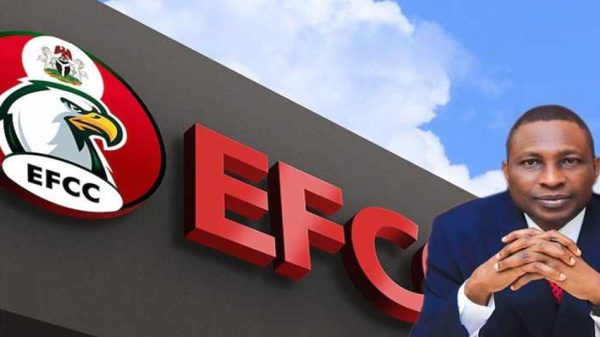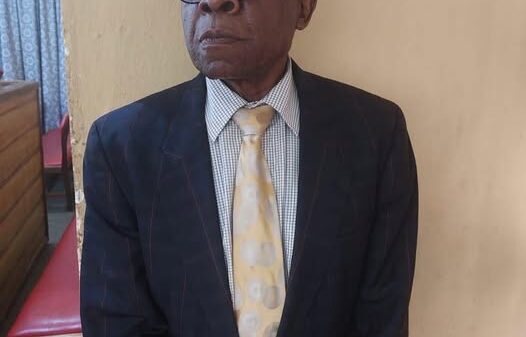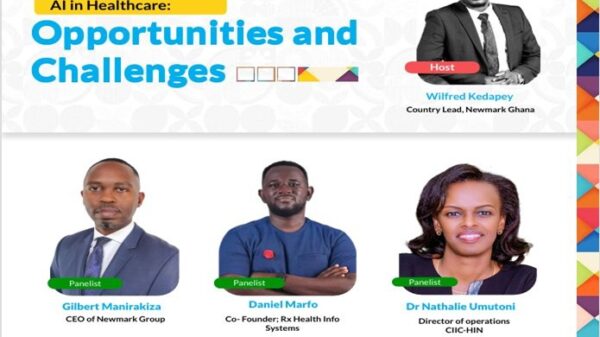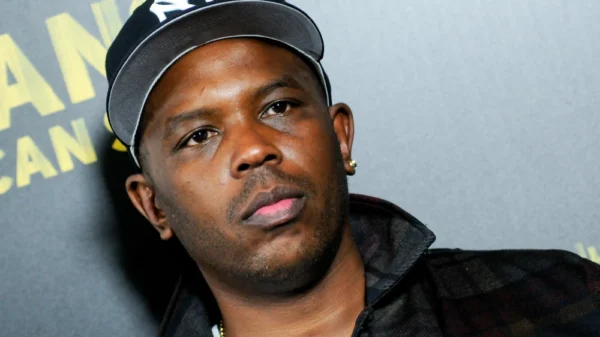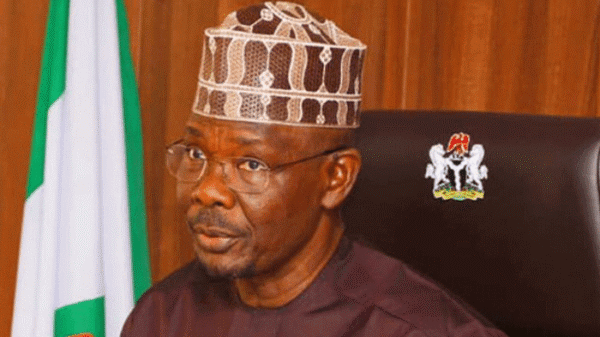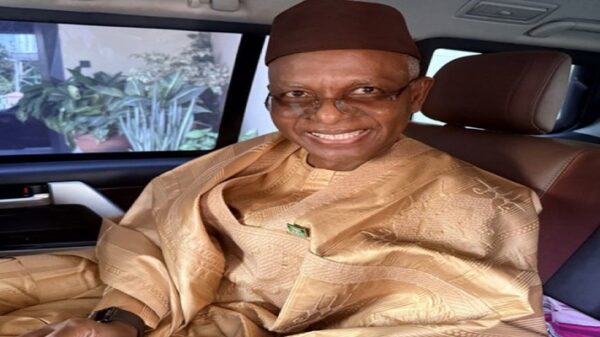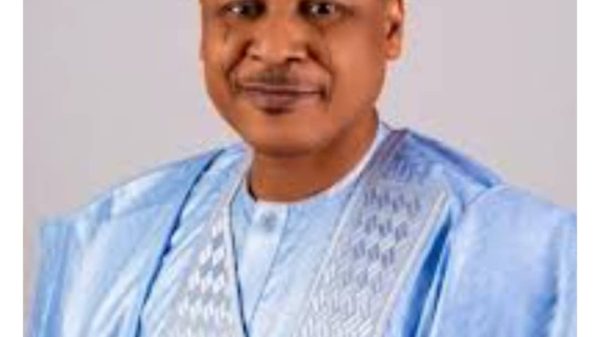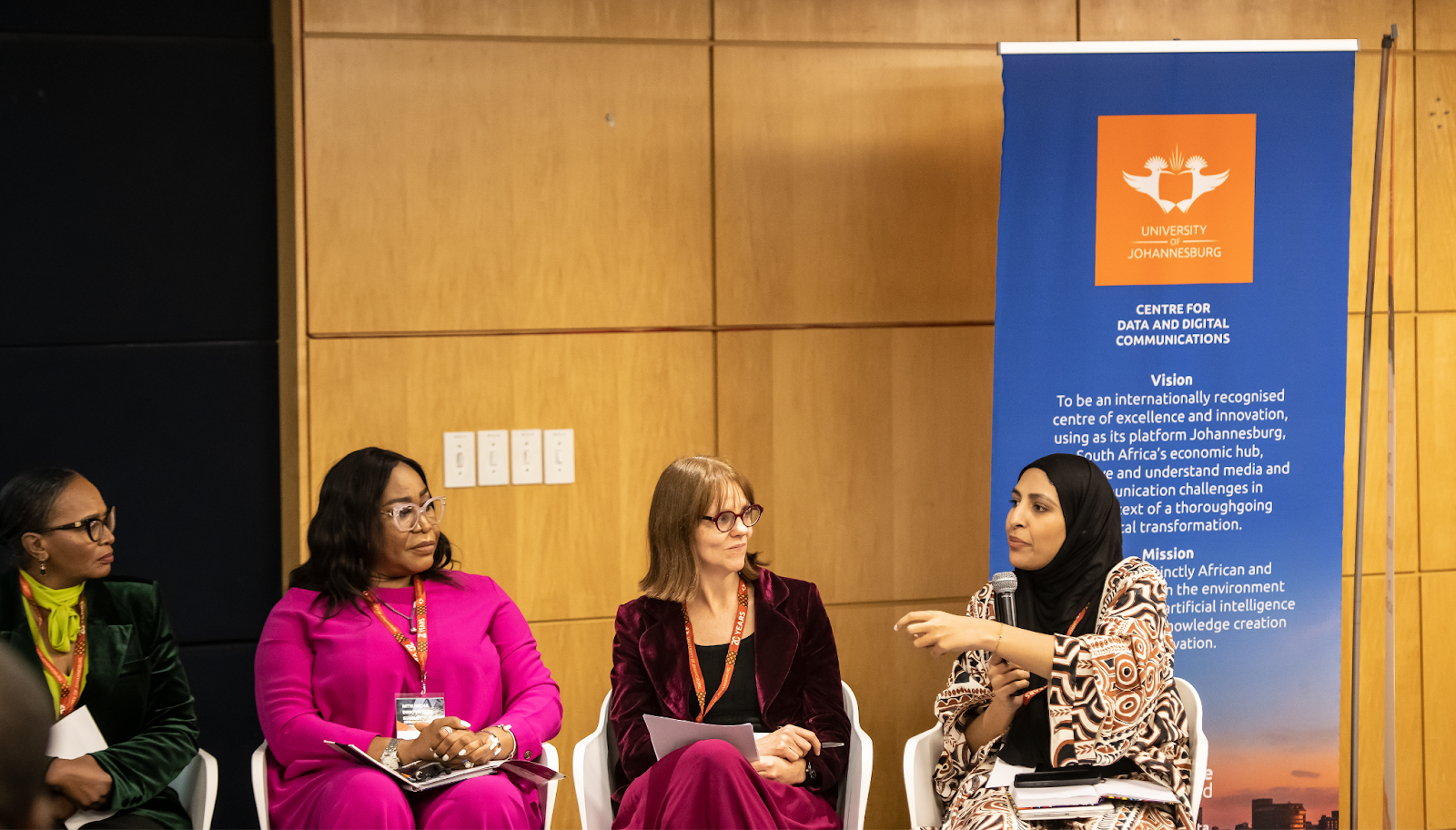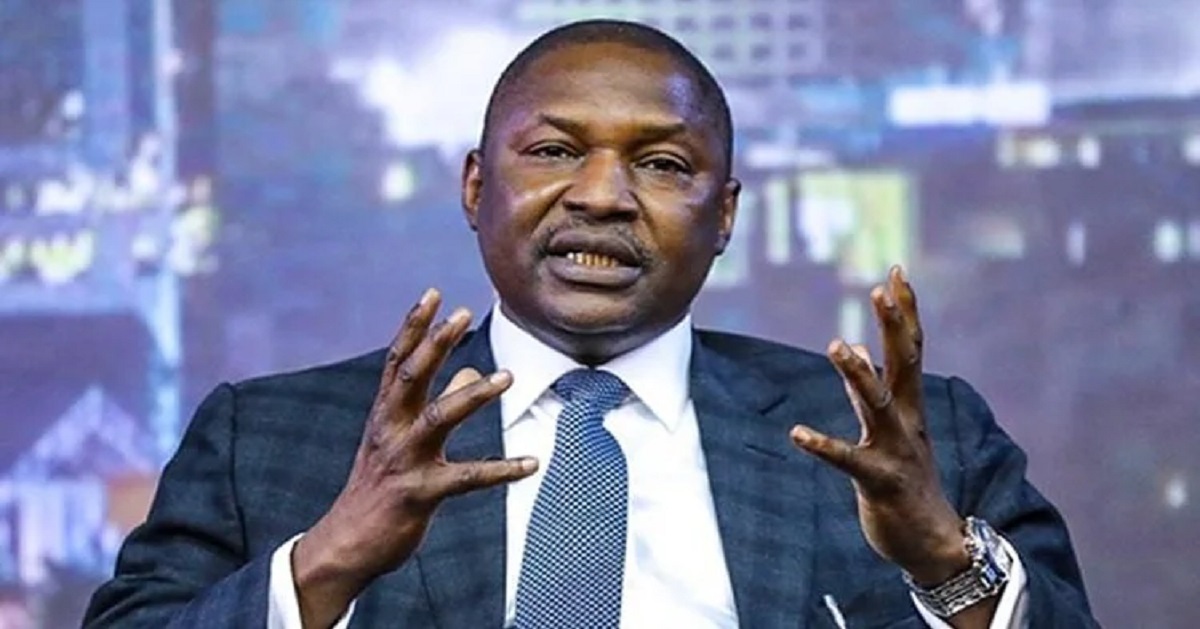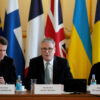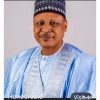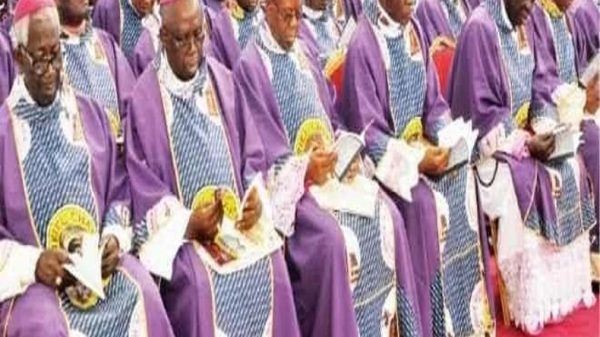Nigeria and South Africa are drawing closer together through the prism of media and education, as MTN Nigeria, in partnership with Pan-Atlantic University (PAU), kicked off the South Africa study tour of the MTN Media Innovation Programme (MIP) Fellows with a high-level engagement at the University of Johannesburg.
With the theme “Harnessing the Potential of Media Diplomacy in Africa,” the summit brought together journalists, academics, and media executives from across the continent to explore how stronger media capacity can advance African cooperation while reshaping the continent’s global narrative.
Since its launch in 2022, MIP has attracted record interest among Nigerian journalists. This year, MTN Nigeria received over 3,700 applications but selected just 20 fellows, underscoring the programme’s growing reputation as one of the country’s most competitive media capacity-building initiatives.
“This programme has become the most sought-after media partnership in Nigeria,” said Funso Aina, Senior manager for External Relations at MTN Nigeria. “Beyond data and technology, we want to impact society by helping journalists build the skills they need to thrive in a changing media landscape shaped by AI and digital disruption.”
For the 20 Nigerian fellows, the summit represents more than professional training. It is also a chance to reframe Africa’s story in a time of global uncertainty.
“Nigeria and South Africa are the two economic powerhouses of Africa. If we get it right, the continent gets it right,” Aina said. “That is why we bring journalists here; to deepen understanding and foster collaboration between both countries.”
Kammila Naidoo, Executive Dean of the Faculty of Humanities at UJ, underlined the importance of collaboration. “International partnerships are very important for our faculty and universities. They help us move beyond teaching and into research, innovation, and critical engagements. Collaborating with MTN, Africa’s largest digital operator, places our continent at the helm of new strategic thinking on the media.”
Naidoo also noted the timeliness of the gathering as South Africa prepares to host the G20 Leaders’ Summit in November. “By equipping journalists with digital and strategic skills, we are not just supporting careers, we are enabling the media to strengthen democracy, accountability, and African cooperation,” she added.
From the Nigerian perspective, Isaac Ezechukwu, Director of Professional Education at PAU’s School of Media and Communication, stressed the programme’s impact. “The MTN Media Innovation Forum is now recognised as the top-of-the-range media education endowment in Nigeria,” he said. “It highlights the role of media as infrastructure for development, deserving commensurate investment and policy attention.”
For the University of Johannesburg, hosting the summit dovetails with the institution’s 20th anniversary. René Benecke, Head of the School of Communication, called it an opportunity to recalibrate Africa’s global image. “We must reject the single story of Africa as only about war, poverty, and corruption,” she said. “This is an opportunity to reimagine our future, embrace creativity, and build bridges through media diplomacy.”
![]()

